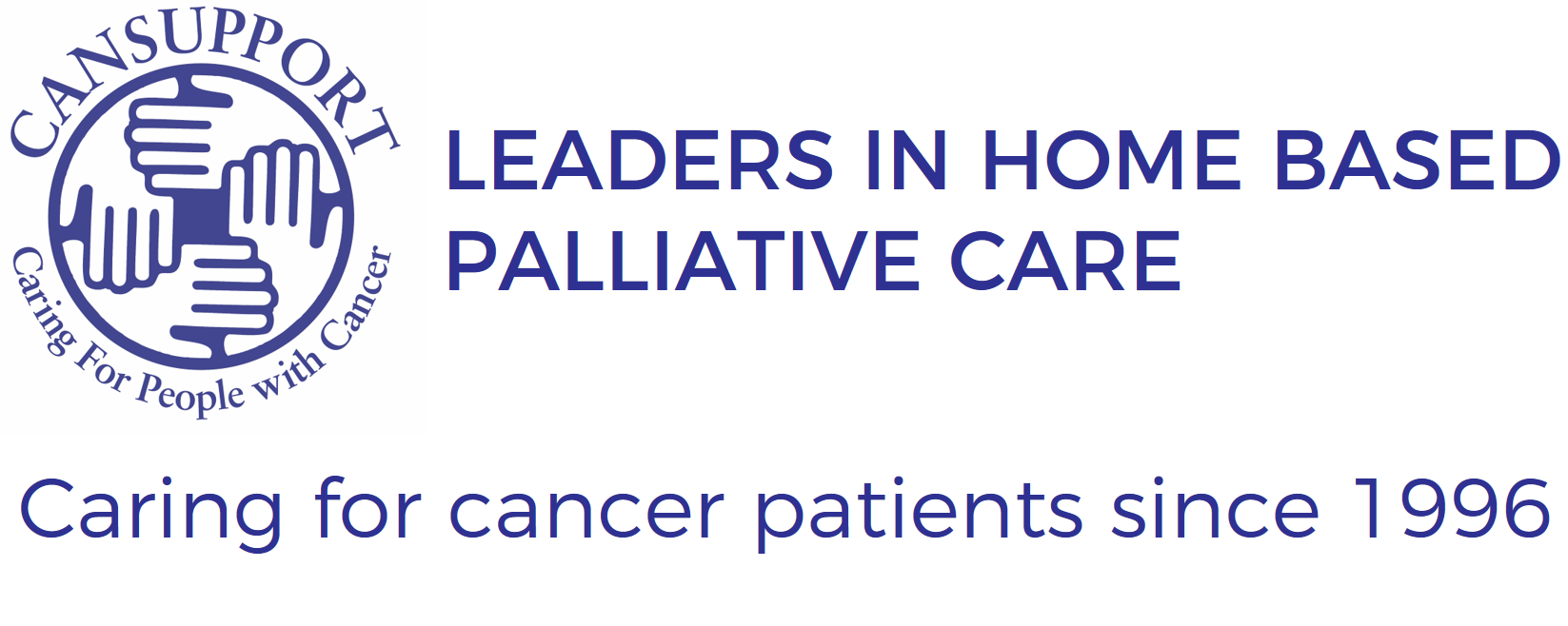Cancer is a disease where the abnormal cells divide uncontrollably and invade nearby or distant tissues. There are several types of cancer and these are labelled according to the organ they originate from for e.g., breast cancer, lung cancer, leukaemia (blood) etc. Cancers develop mainly due to environmental insults like tobacco, pollution, alcohol, etc or rarely they may be genetic. The three Ls for causes of cancer are – Lifestyle, Luck and Legacy (genes). Some people are more prone to develop cancers due to various risk factors which are different for each cancer but broadly includes the 3 Ls.
Prevention is better than cure - hence focus on cancer prevention is important as 1 in 7 of us will develop cancer in our lifetimes.
ABCs of cancer prevention:
A: Avoid tobacco, alcohol, excess sun, long term use of oral contraceptive pill, hormone replacement therapy, processed foods, supplements, refined sugarB: Be vaccinated against HPV to prevent cervical cancer, hepatitis B to prevent liver cancer, #bebreastaware, breast feed if eligible
C: Calm / Compliance to recommended tests and follow-ups –Yoga / Meditation
D: Diet (rainbow plate with adequate amount of protein, complex carbohydrate, unsaturated fats, fruits and vegetables, pre and probiotics)
E: Exercise – aerobic and strength training at least 30mins daily
F: Family history: know yours to know your risk of cancer.
S: Sleep on time and keep 2 hrs between the last meal and sleep /Screening for cervix cancer (HPV-Pap DNA every 3-5 yrs.), breast cancer (annual mammogram from 45yrs onwards), stool faecal immunochemical test annually from 40yrs onwards (colon cancer)
Cancer can present with any symptom. It is important that any symptom that does not get better over a period of 3-4 weeks despite proper treatment and advice should raise the suspicion for cancer. Common signs and symptoms of cancer in both men and women include:
Lump: A lump anywhere in the body that has recently appeared and does not get better needs to be looked at.
Unusual bleeding: Bleeding from anywhere is a red flag for cancer. Blood in your poop is a symptom of colon or rectal cancer and tumors along your urinary tract can cause blood in your urine. Bleeding at the time of the month when you shouldn’t be or bleeding post menopause may also be early signs of cancer. Blood in sputum may be a sign of lung cancer.
Pain: Bone cancer often hurts from the beginning. Some brain tumors cause headaches that last for days and don’t get better with treatment. Pain can also be a late sign of any cancer.
Weight loss without trying: Almost half of people who have cancer lose weight.
Fatigue: If you’re feeling tired all the time and rest doesn’t help, seek advice. Cancer-related weight loss can leave one exhausted, too.
Fever: Some blood cancers, like lymphoma, cause a fever for days or even weeks.
Changes in your skin: Have your doctor look at unusual or new moles, bumps, or marks on your body to be sure skin cancer isn’t lurking. Your skin can also provide clues to other kinds of cancers. If it’s darkened, looks yellow or red, itches, or sprouts more hair, or if you have an unexplained rash, it could be a sign of liver, ovarian, or kidney cancer or lymphoma.
Sores that don’t heal: Spots that bleed and won’t go away are also signs of skin cancer. Oral cancer can start as sores in your mouth. If you smoke, chew tobacco, or drink a lot of alcohol, you’re at higher risk.
Cough or hoarseness of voice that doesn’t go away: A cough can be a sign of lung cancer, and hoarseness may mean cancer of your voice box (larynx) or thyroid gland.
Anaemia: This is when your body doesn’t have enough red blood cells, which are made in your bone marrow. Cancers like leukemia, lymphoma, and multiple myeloma can damage your marrow. Tumors that spread there from other places might crowd out regular red blood cells and cause anaemia.
Prompt evaluation of symptoms will likely lead to early diagnosis of cancer. Cancers diagnosed early are easily treatable, curable, are treated for a shorter period of time and also cost less.

